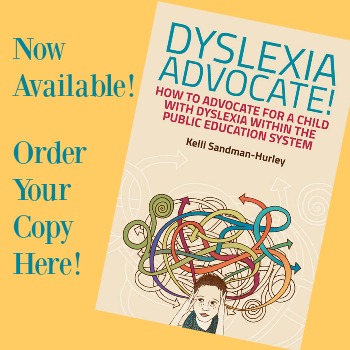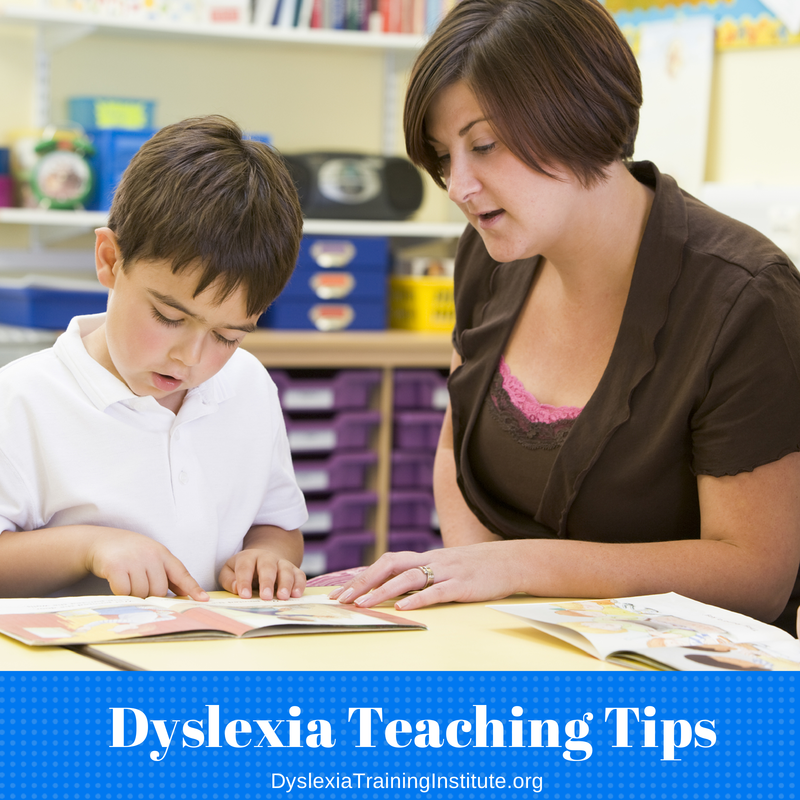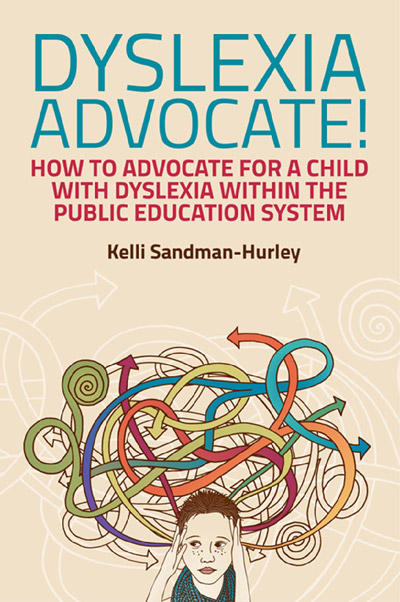
Kids get blamed for a lot of things. Leaving lights on, not picking up their dishes, being too loud, etc. All of those things are justified, if they left the lights on and walked out of the room then they should be held accountable and taught why it is important to turn the lights out. But blaming a child for not responding to a reading program and then shaming them for verbalizing their displeasure is totally misplaced and most likely causing irreparable damage.
Victim Blaming
Case in point. Today I was sitting in a meeting discussing a particular reading program and leaning how the computer aspect of it works. It turns out that students can record themselves reading passages and the teachers can then listen to it later. Today the teacher I was meeting with shared with me that one boy was trying to read the passage and was interjecting “this is stupid” and “I hate this” intermittently. Remember, he thought he was alone and he thought he was just speaking into a computer, so it was not a disrespectful act, it was a very truthful moment. When I heard about it, I thought to myself, here is a kid who is struggling and he working by himself on a computer program, hmmm, maybe what he was expressing was frustration and exhaustion. Or, maybe the passage he was reading was stupid and boring, I mean, we are all entitled to our opinions aren’t we? But the teacher proudly shared with me that she decided to play that audio recording, which the child thought he was reading to himself to his peers so they could hear what he said. The kid was probably mortified and begged her to stop the recording so he could rerecord. But the damage is done, the shaming was complete. The blaming the kid for not responding to, or loving, a computer program was also completed. For the record, I have taken plenty of tests and read plenty of things that I thought were stupid and boring so, to that young man, I hear ya.
But it gets better. Another child was watching an ‘instructional video’ created by the same publisher that was ‘teaching’ a concept. When this same teacher noticed that he did not get the concept and was also ‘spacing out’ a bit, her solution was to make him watch the video again, but this time make it longer. What? So he was blamed and shamed for not getting it the first time and tuning out. For the record, videos are not teachers and not all people respond to videos. Just like not all people with dyslexia enjoy audiobooks. Not all students with dyslexia are going to enjoy the process of learning to read. One thing is for sure, most students with dyslexia know when something isn’t working if they are ‘spacing out’ take a look inward not a look toward the child.
Victim Shaming
In both cases, the student was held responsible for not responding to an artificial learning experience. One boy was shamed for expressing an opinion in a moment he thought was private. There was not one ounce of hesitation to hold these boys responsible for their own learning and not one ounce of reflective thinking that maybe it’s the program and not the kid. Maybe it’s the teaching and not the kid. Maybe it’s the environment and not the kid.
This is not an invitation to teacher-shame or blame, that would be hypocritical. This is an invitation to all of us who love and work with kids who are struggling to choose our words and our actions wisely and with compassion. Blaming the victim is a very dangerous precedent to set. The kids I heard about today received the message that they are the problem, they should be responding to this mediocre, at best, program. If they just tried harder or listened more, they would learn. I don’t know about you, but I just don’t think that’s cool. It’s the program, not the kid. It’s the teaching, not the kid. It’s the expectations, not the kid. The kid is just a kid…






